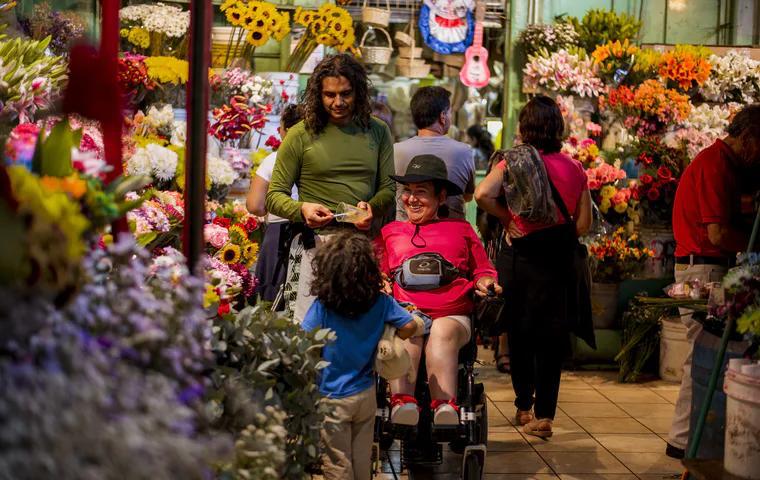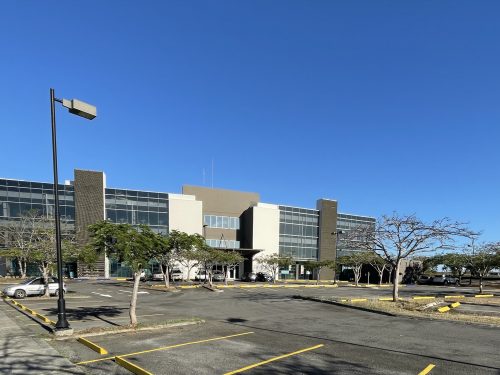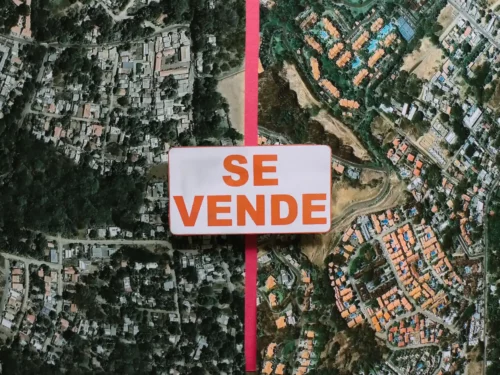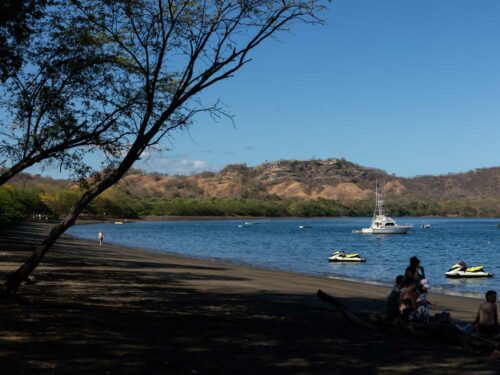
Enjoying nature and attending events in hotels and restaurants in Guanacaste and the rest of the country is still a privilege that excludes people with disabilities.
That’s why the Costa Rican Accessible Tourism Network teamed up with the State Distance University (UNED- Universidad Estatal a Distancia), the Costa Rican Tourism Institute (ICT- Instituto Costarricense de Turismo) and the Argentine institute Noun Events and Executive Training to create an online course on accessible tourism.
In three modules, students will learn about everything from legislation on accessible tourism to the way in which it can be developed so that it’s friendly to any type of disability (physical, cognitive or sensory) both at the sites and on digital platforms. Check the content of each module here.
The accessible tourism diploma is geared toward hotel managers, restaurant owners, tourism businesses, event organizers, students, teachers and anyone who wants to be part of a change in support of people with disabilities. The goal is for the tourism industry to be more accessible and for more tourists to come.
From soft drink lids to shampoo and toothpaste caps, they can all be turned into walkways so people in wheelchairs or people with limited mobility can enjoy the ocean.
“I know from experience. You don’t take a bus because you can’t climb up a step. You don’t go to a party because the elevator or the [escalator] doesn’t work. There are ramps that sometimes don’t have the ideal size and you get stuck,” said director and founder of Noun Events and Executive Training, Betina Anzilutti. “So raising awareness is so that architects also build and design with functionality in mind.”
Although the main objective is to create equal conditions for all people without distinction, accessible tourism brings economic benefits since people with disabilities are usually accompanied by one or more people, and it also boosts the image of the tourism area, making it more attractive. An example of this is the best accessible tourism destination designation by Lonely Planet, which publishes travel guides for around the world.
Anzilutti has a motor disability and loves all kinds of events, parties and corporate trainings. However, her passion collides with a reality: cities, events and even tourist activities aren’t inclusive of people with disabilities.
That’s why Noun Events identified with the Costa Rican Accessible Tourism Network’s goal to evolve to 100% accessible tourism and immediately made its e-learning platform available, which provides instruction in about 13 courses related to event organization in Argentina and other Latin American countries.
It’s a 100% innovative project that will position us in the world as a leader in accessible tourism, which not only says that it will be accessible, or that it has legislation, but that it will work above and beyond,” said Stephanie Sheehie, director and founder of the network.
The network, Noun, ICT and UNED announced the e-learning program at an event at the Hotel Mangroove in the Gulf of Papagayo. That day, they even gave a sample of the program’s content with a class on organization of inclusive events, taught by Betinia Anzilutti.
According to the head of UNED’s campus in La Cruz, Alejandra Chacon, the class allowed her to understand that accessibility allows the inclusion of all people in economic activities, including tourism.
This segment of attention to people who have a disability can mean a great matter of economic reactivation for our country,” said Chacon.
Some 15% of the world’s inhabitants have some kind of disability (1 billion people). In Costa Rica, the figure rises to 18.2% of people over 18 years of age (670,640), according to the 2018 National Survey on Disability.
Talking about disability shouldn’t be something foreign since all people can become disabled either by aging or by an accident that causes temporary or permanent conditions.
The Course in Brief:
- Geared toward tourism entrepreneurs, students, teachers and anyone interested in accessible tourism.
- Lessons start: September 13, 2021.
- Duration: Each module lasts three months. You can take all of them or just one.
- Costs: $120 for tuition (a one-time fee if you take the modules continuously) + $360 for each module (payment in three installments). There’s a 15% discount if you pay the full amount in a single payment.
- Registration: Send an email to [email protected].
- Teachers: Allies of the Costa Rican Accessible Tourism Network.
- Requirements: Speak Spanish. You can take it regardless of whether you live in Costa Rica or in another country.
- Type of classes: Asynchronous. In the online classroom that is open 24/7, you’ll find the videos and documents for each unit.







Comments